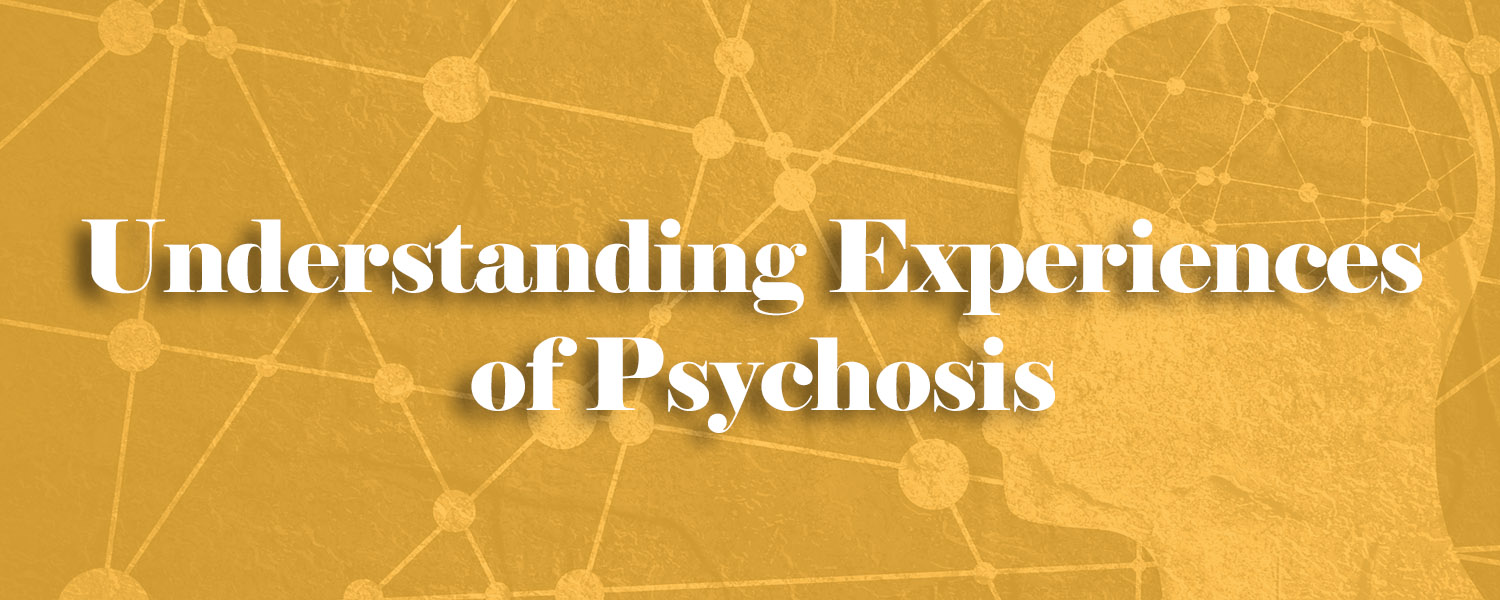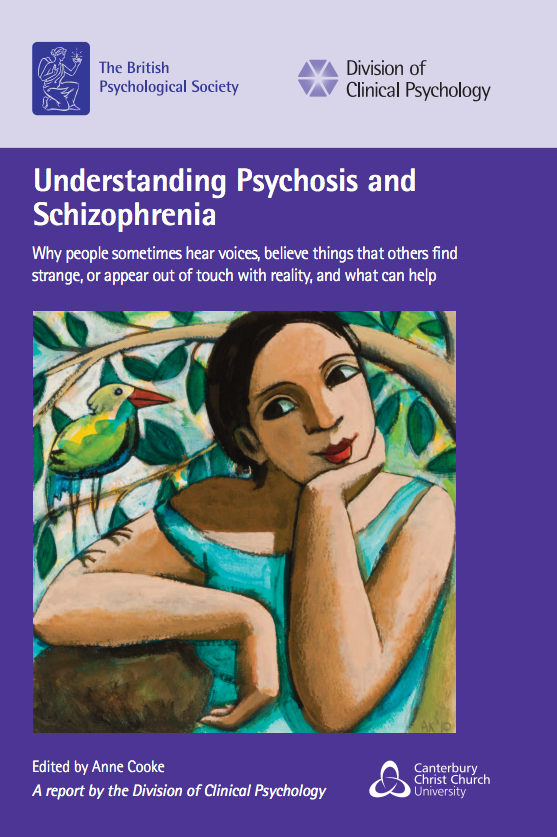
It’s the ‘True’ or ‘False’ round
Psychosis is generally poorly understood and often made to look worse than it is by the media. Here are some common beliefs about psychosis – see if you can work out which are true and which are false.
False. Many people who experience psychosis do recover and go on to live full and happy lives. For some, this means that they will never experience psychosis again. For others, psychosis can be described as “episodic”. This means that there will be times when the psychosis is present, and others when it is not. Over time it is possible to learn how to gain control over these experiences to reduce any problems they may be causing. Recovery is a very individual journey and the best way to support someone in this will vary from person to person.
False. The vast majority of people with psychosis are no more dangerous than anyone else you know. Unfortunately psychosis and violence are often linked in the media. This is probably because when people have psychotic experiences this can make them very frightened and appear to act in bizarre ways. They may talk back to voices out loud, or seem very wary of others. These behaviours make other people wary as they are hard to understand. However, for a very small minority of people, their experiences can be so frightening that they may feel the need to protect themselves and this can lead them to lash out at others. This can lead to fear in family and friends. If you do have any worries about this, or feel frightened by your relatives’ behaviour then please do discuss this with their clinical team[full] or the REACT supporter[/full].
False. Although there are some extremely artistic, creative and intelligent people with psychosis, there is no strong evidence that they are more so than people without psychosis. Having said that, many people with mental health problems find art, poetry and other creative activities can help them to find ways to express their thoughts and emotions.
True. The chances of developing psychosis are higher in people who have parents or other close relatives who also have psychosis. However, even if you have a parent with this diagnosis the chances are still low i.e. you are far more likely NOT to develop psychosis than you are develop it. Mental health problems are actually very common so most people can think of other people in their extended family who may have experienced difficulties at some time. To date there is no single gene identified as causing psychosis. It is likely that it is the result of combination of many different genes and environmental factors. The relative contribution of each will vary in different families.
False. The way in which people with psychosis use medication is highly varied. Some people never take any medication, others take it for a short period of time and then stop when they recover. Others need an ongoing prescription that helps to prevent symptoms returning.
False. There is no evidence that psychosis is caused by parents. However, many parents continue to blame themselves and worry that others also blame them. This is a natural and very common reaction but can be very distressing. It is a normal reaction in parents all over the world and is a direct result of our need to protect our children. Psychosis is not caused by family or friends, but they can play a key role in supporting someone through recovery
False. There is a lot that family and friends can do to help and this toolkit will outline the key ones. There are also a number of effective treatments available including medication and psychological therapies. These are described in more detail in the treatment options module.
False. A psychopath is someone who takes what they want from others with no remorse and no empathy for how other people may feel. There is no overlap with psychosis – it’s just unfortunate that the terms are similar and therefore can become confused. In fact, people with psychosis are often very sensitive to understanding other people.
False. Sometimes people with psychosis can seem to act in bizarre ways. However, this behaviour is not “crazy” if you understand what is happening inside their head. For example, people with psychosis are not talking to themselves, but are generally talking back to voices they hear in their head but which seem very real to them. Acting in a suspicious or frightened way is not crazy if you really believe that someone is really trying to harm you. By understanding what psychosis is like for the person who has it, behaviour that can seem crazy becomes very normal.
False. Some of the symptoms of psychosis can be poor motivation and lack of energy that can appear to be laziness, but are actually part of psychosis.
You can download it for free HERE



